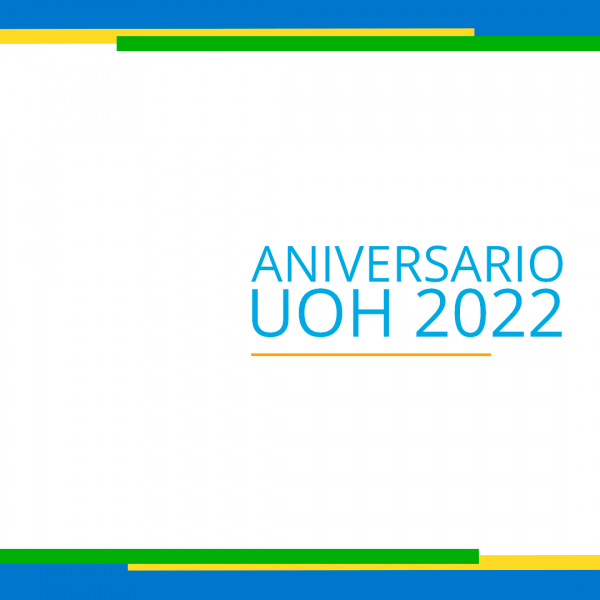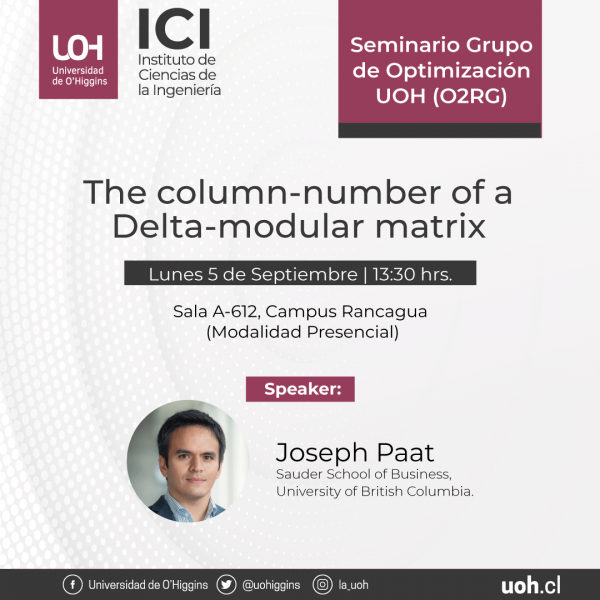The nation-state is an organization defined by two principles: its interests (e.g., political, economic, cultural) and its security. Therefore, states constantly seek survival, in which security plays a prominent role, surpassing all other issues (Waltz, 1979). The extent to which the movement of people across international borders has become a security issue is evident in how the migration-security nexus is prevalent in the current public and media debate around the globe, including Chile. This proposal stands on the premise that in a democratic society, mainstream media press is a highly significant actor in influencing levels of public concern and shaping people's attitudes towards social developments and phenomena, including migration and its securitization (Scherman et al., 2022; Ekman & Krzyzanowski, 2021). The representation of immigrants in mainstream media press creates opportunities for immigrants to either become part of society or be excluded from the public sphere.
The main objective of this proposal is to analyze the media framing of the securitization of the "migration crisis" in the Chilean mainstream media press during 2014-2026. Further on, this main objective is broken down into three specific objectives (SO), namely:
SO1: To identify the media news frames of the securitization of the "migration crisis" in Chilean mainstream press during 2014-2026.
SO2: To analyze the consolidation of media news frames of the securitization of the "migration crisis" in Chilean mainstream press during 2014-2026.
SO3: To compare the media news frames of the securitization of the "migration crisis" between the Northern, the Southern, and the Metropolitan Regions' mainstream press during 2014-2026.
The empirical part includes the analysis of all informative pieces concerning the issues of security and immigration collected from the national editions of seven leading Chilean newspapers published in the Northern, Metropolitan, and Southern regions throughout a decade timespan (2014-2026). Such an elaborate dataset will reveal systematic longitudinal analysis across time, regions, and media outlets, providing a profound understanding of Chile's securitization of the "migration crisis."
The proposed methodological paths for each SO are: SO1 will employ news framing analysis (de Vreese, 2005; Muñiz, 2011) to identify the media coverage frames of the securitization of the "migration crisis," applying a manual qualitative content analysis using Atlas. Ti 23 software for better coding manageability (Kovar, 2023; Vázquez-Herrero et al., 2022; Sarah-Liu, 2021). We will follow an inductive approach in which frames emerge from the collected corpus in situ (Semetko & Valkenburg, 2000) since it broadens the possibility of discovering a more amplified list of frames, thus contributing to a deeper analysis of the issue. SO2 will use a frequency analysis in Atlas.ti 23 and in Microsoft Excel (v2023) to identify and examine the most prominent media frames over the selected period. SO3 will follow a comparative analysis (Collier, 1993) to define similarities and/or differences between a) different media conglomerates (El Mercurio S.A.P and COPESA S.A) and independent outlets (Publimetro) and b) the Northern, the Metropolitan, and the Southern regions over the selected period. In addition, our longitudinal data (2014-2026) allows us to study possible changes in media framing covering the migration-security nexus over a decade, providing a comprehensive study on the issue currently under development across the national mainstream press.
The main expected result is the generation of empirical evidence that advances understanding of the dominant frames of the securitization of the "migration crisis" in Chile. Given that most of the previous and current research on media securitization of migration has been EU or US-centered, our project calls for de-Westernizing this issue by contributing to a Latin American perspective to expand the geographical reach of research beyond European and US borders. As such, it offers new insights into the complexities of the securitization of the "migration crisis" in Chilean media and will contribute to the area of Communication and Social Studies and anyone interested in migration and security issues. Likewise, since the securitization of migration reinforces a politics of fear and racism (Wodak, 2015), our findings may also concern the Ministry of the Interior and Public Security, which is responsible for public policies and laws regarding immigration. The association of migration with security can be reflected in laws and policies that the country may adopt toward migrants through limiting access to certain nationalities, changes in visa procedures, higher security controls, and, most importantly, deterioration of the rights of migrants (Planas Gifra, 2024).
Finally, as this project will empirically identify migration-security patterns in the mainstream press and track their evolution, identifying potential shifts over a decade's time span, it will help us raise public and service awareness in Chile by generating policy papers, infographics, and seminars for the lay public and opinion columns in local and national media, among others.

























